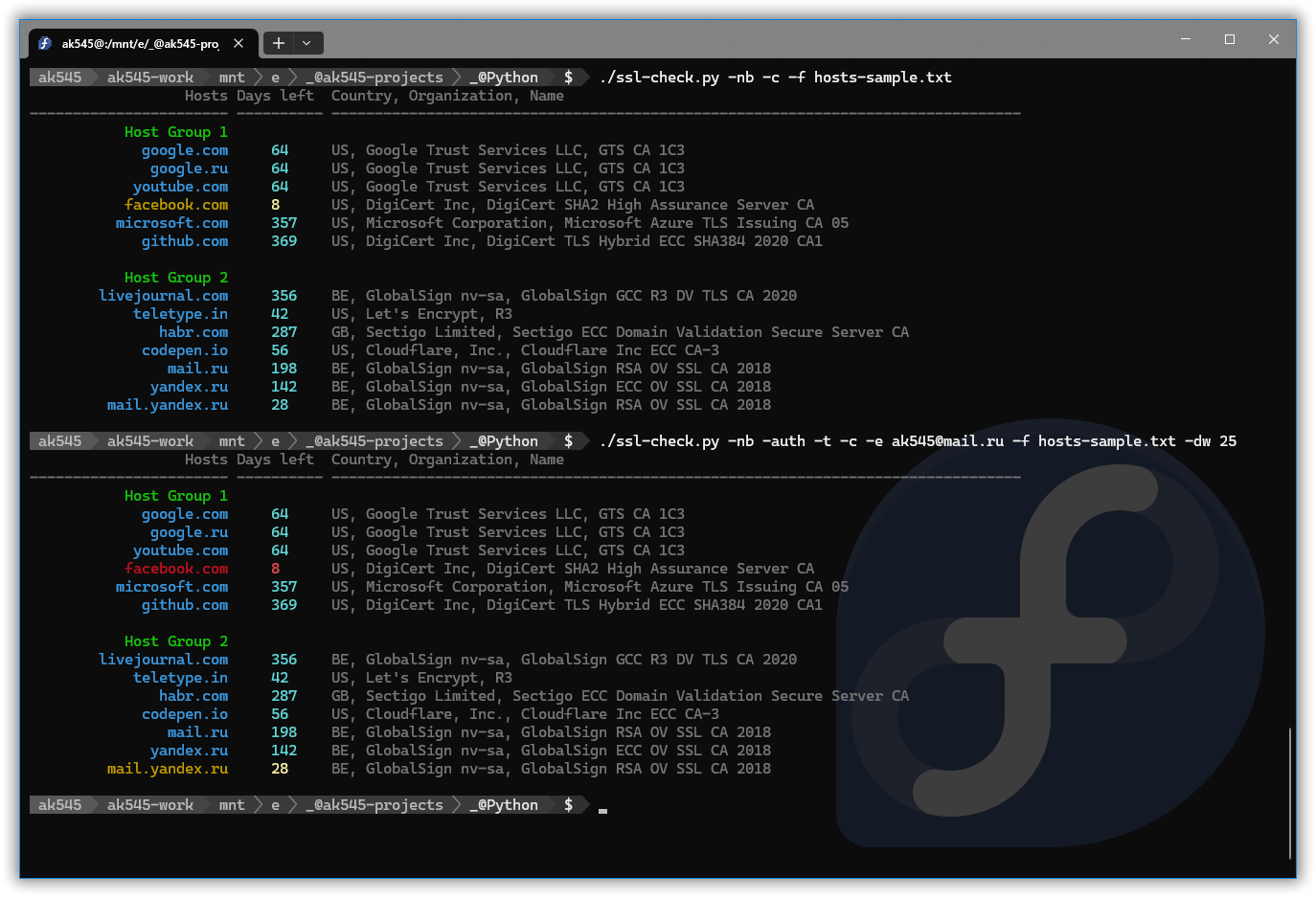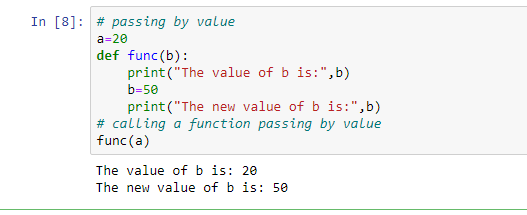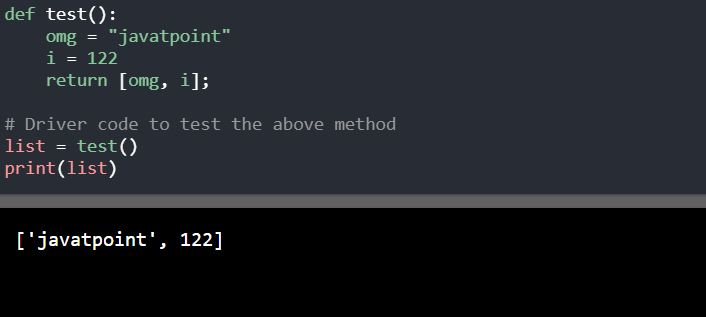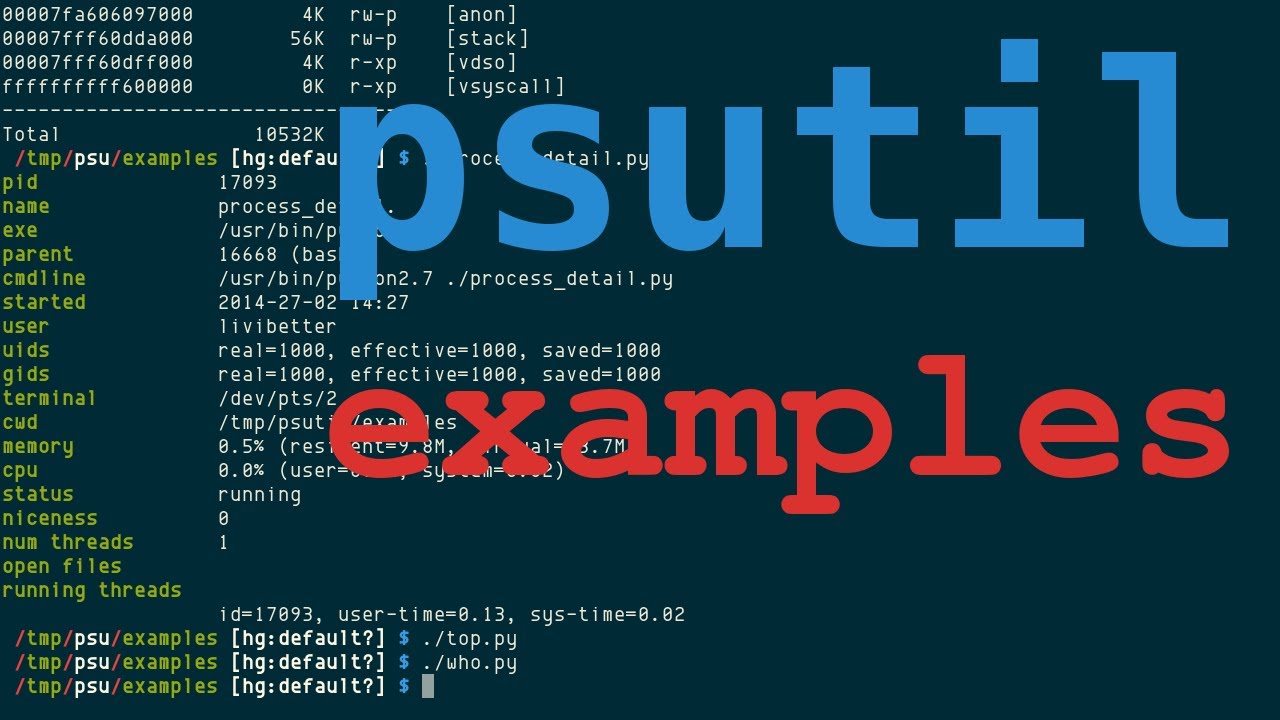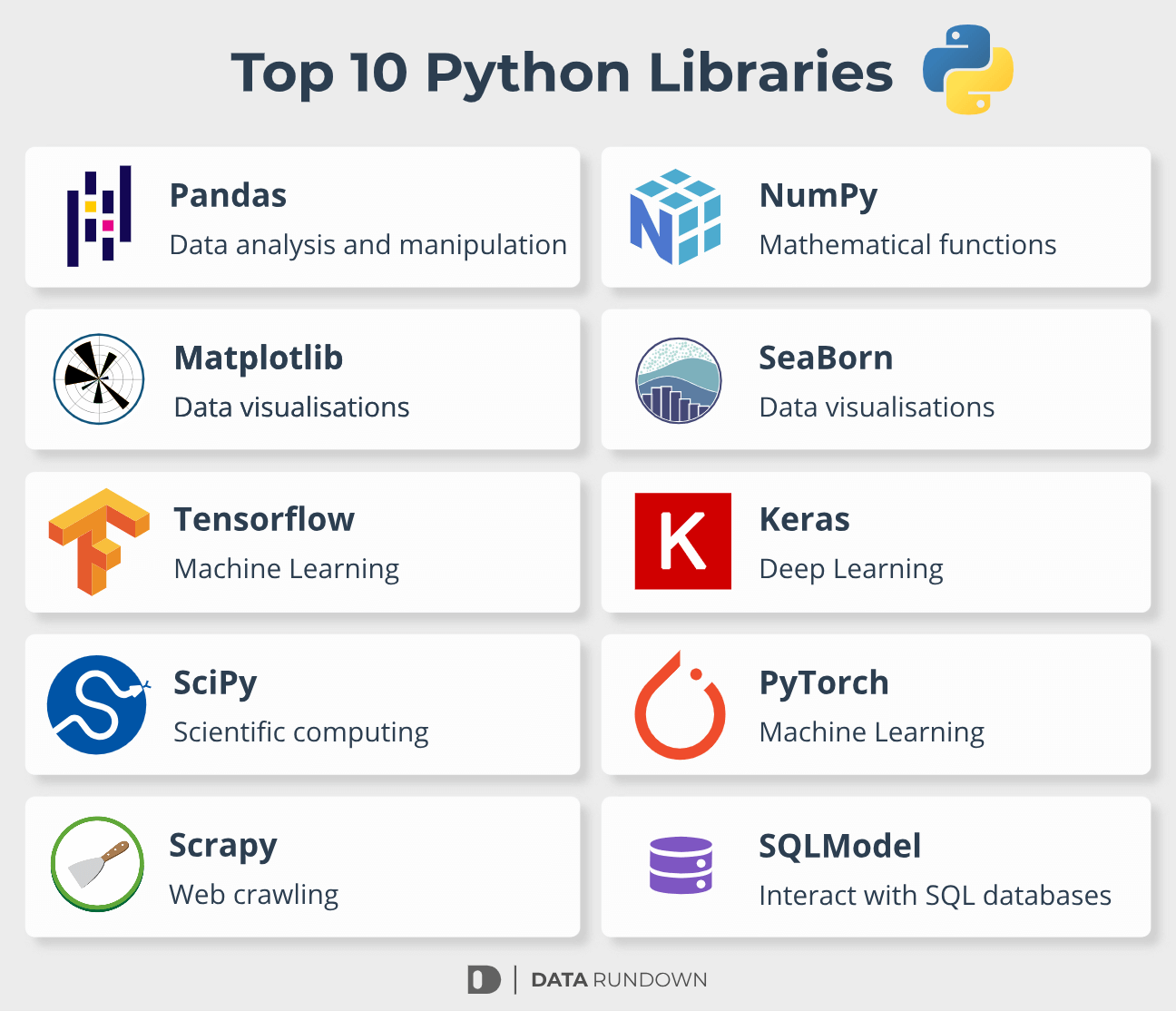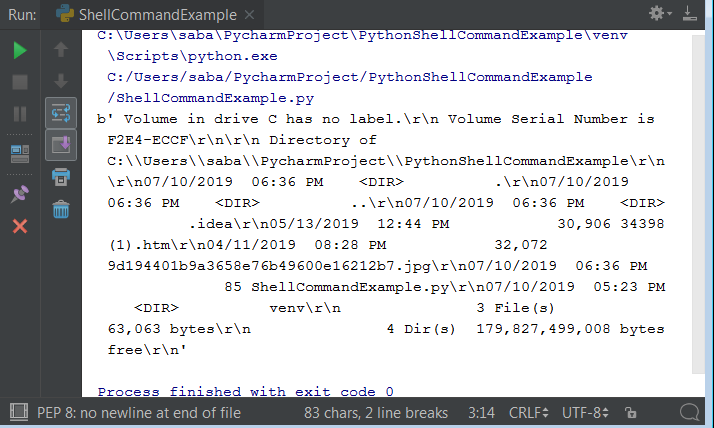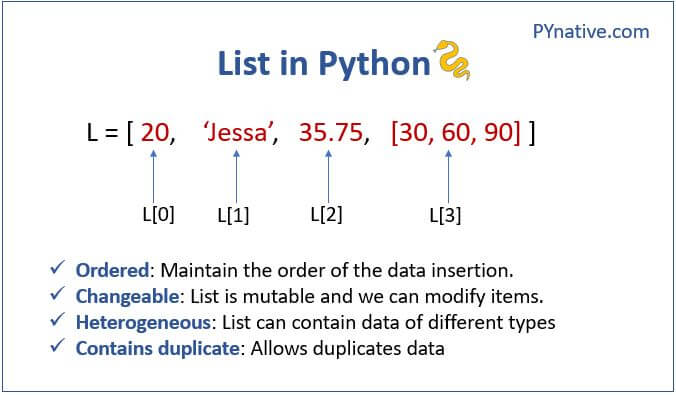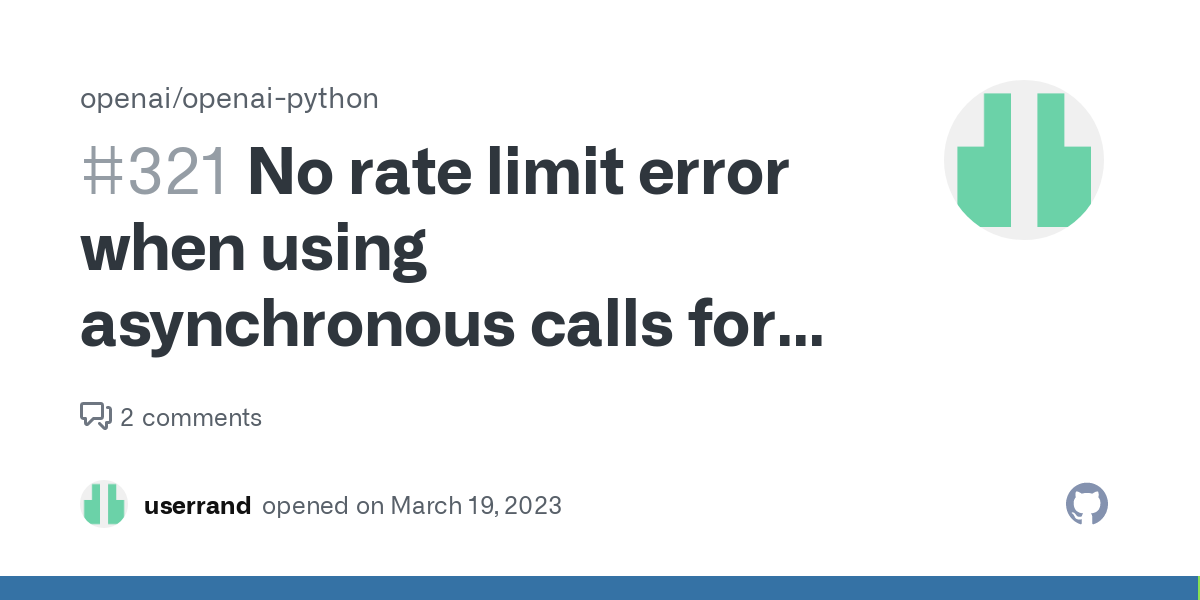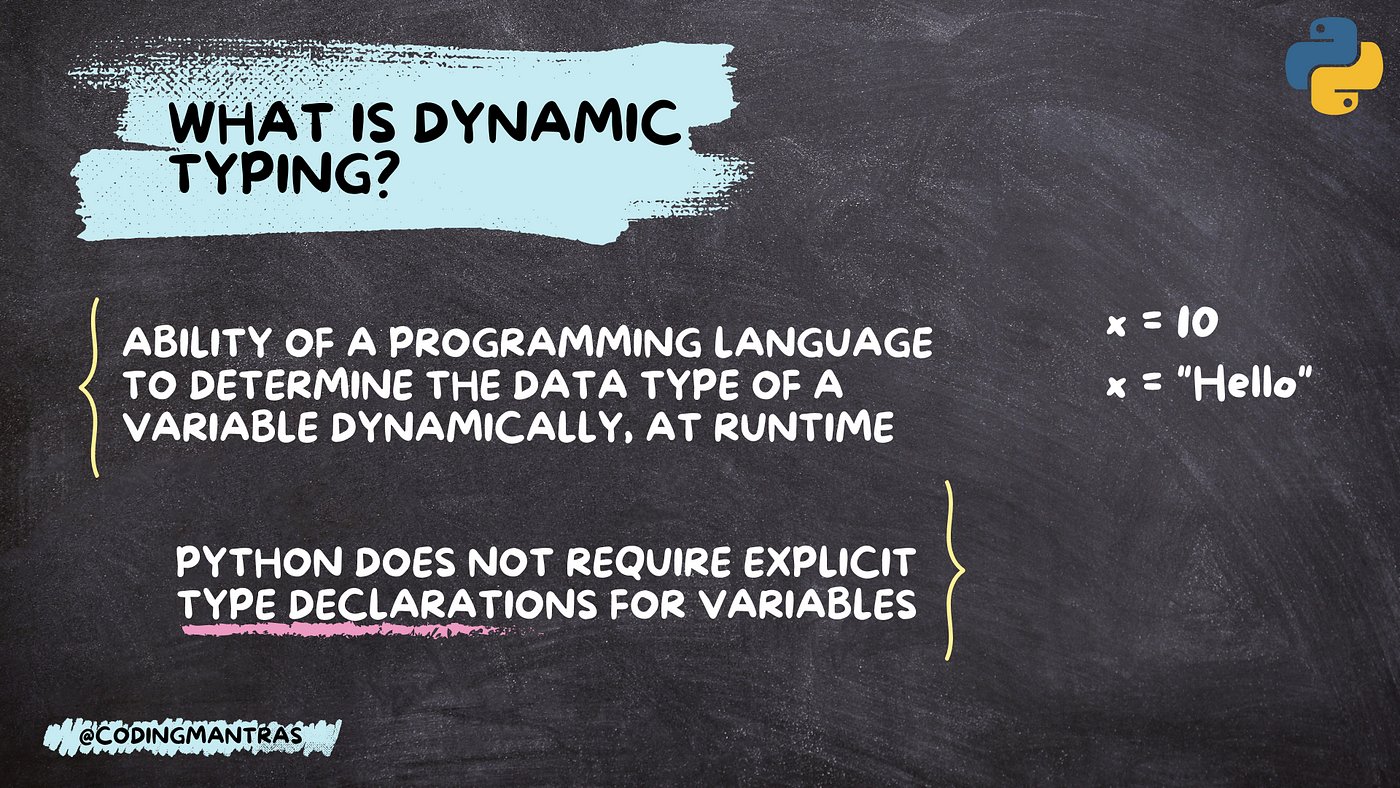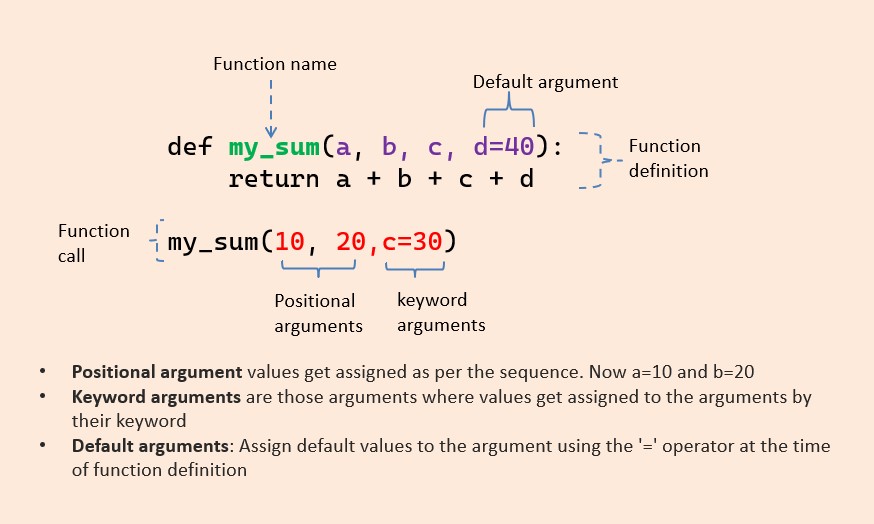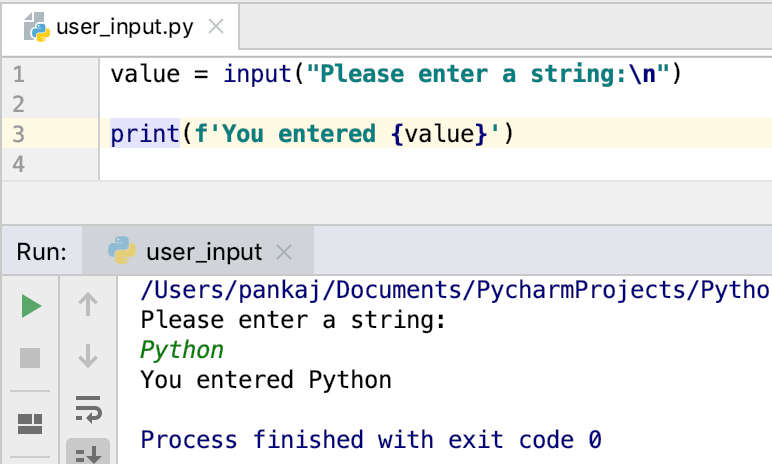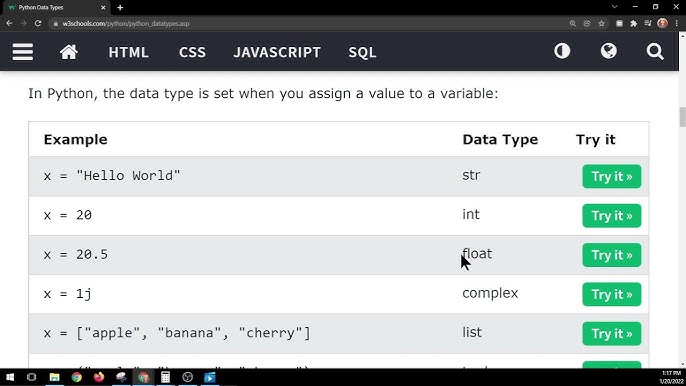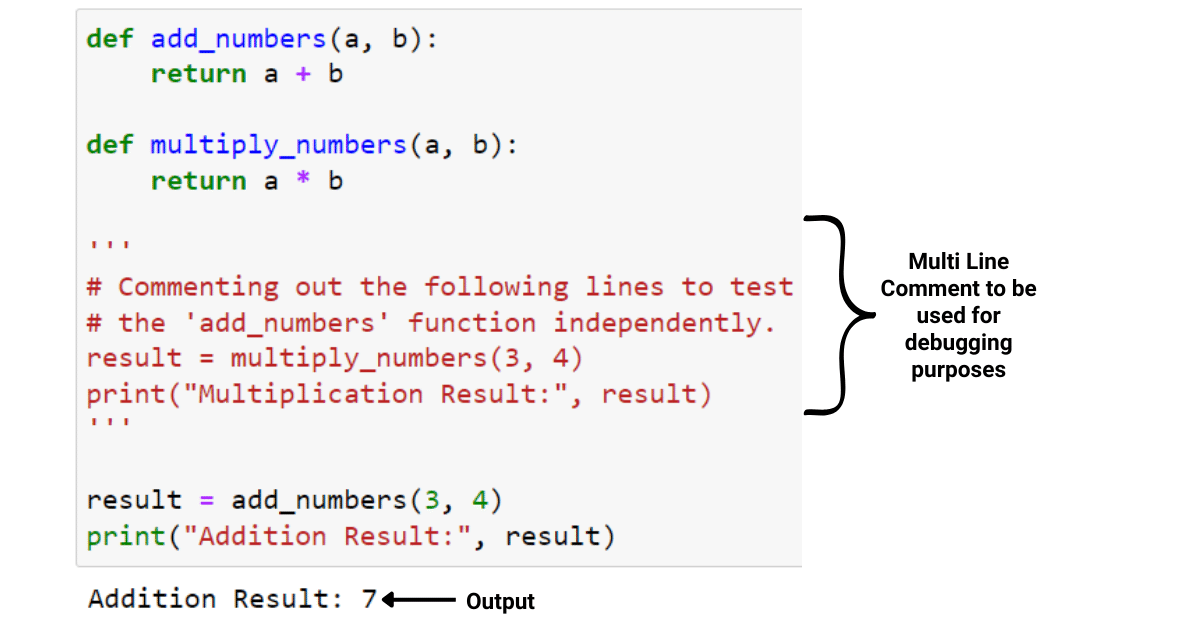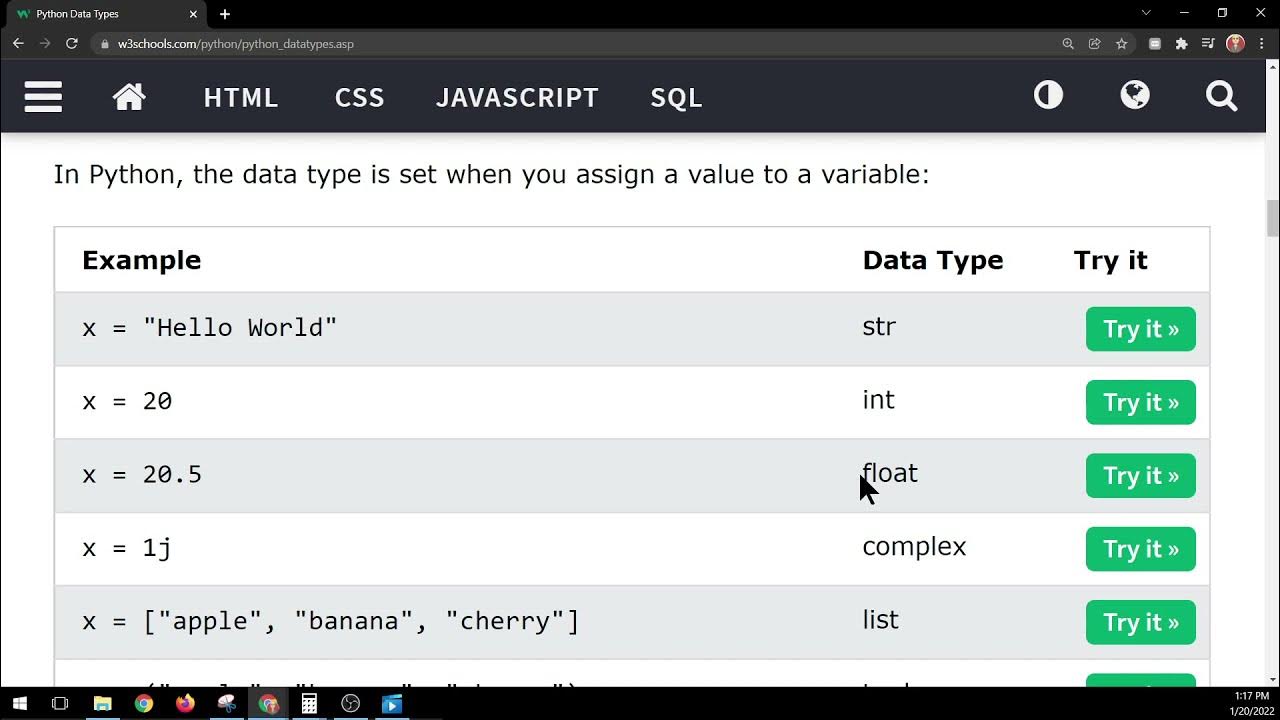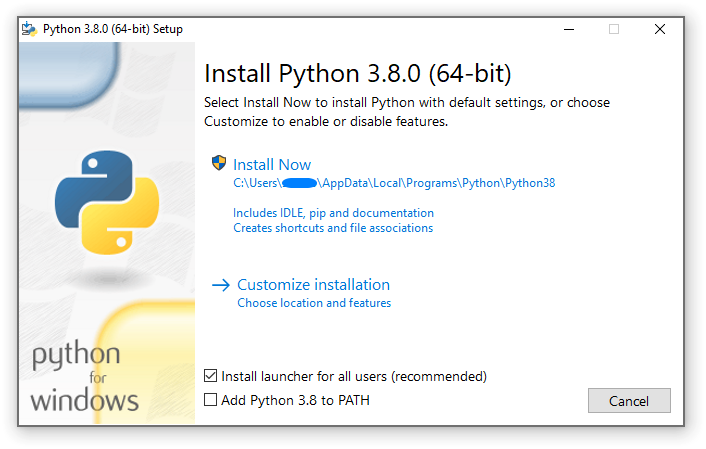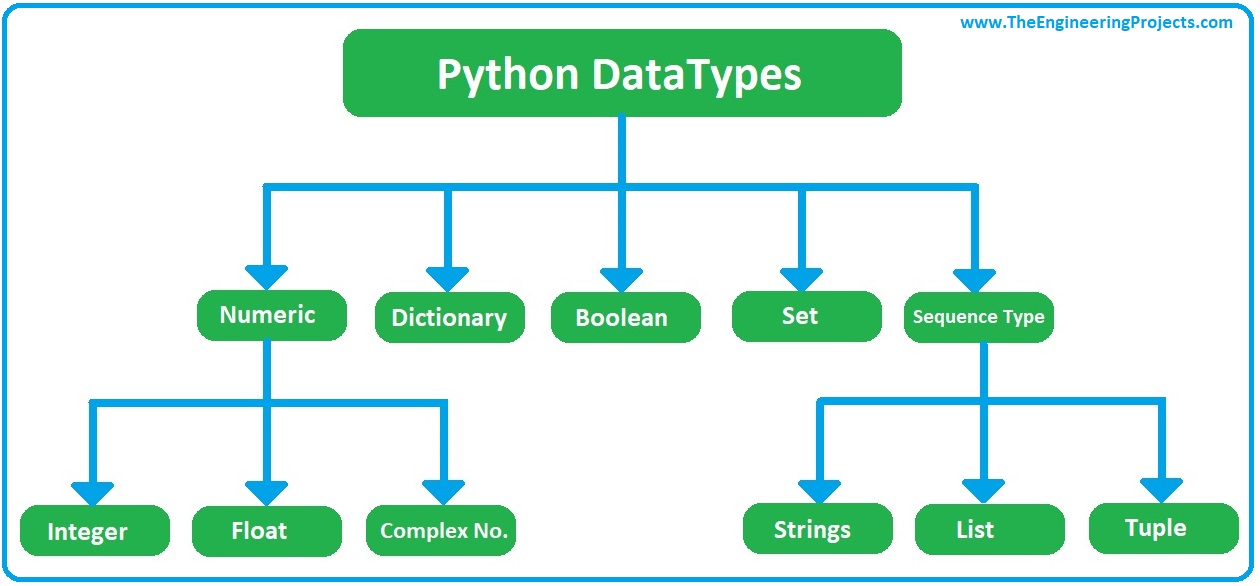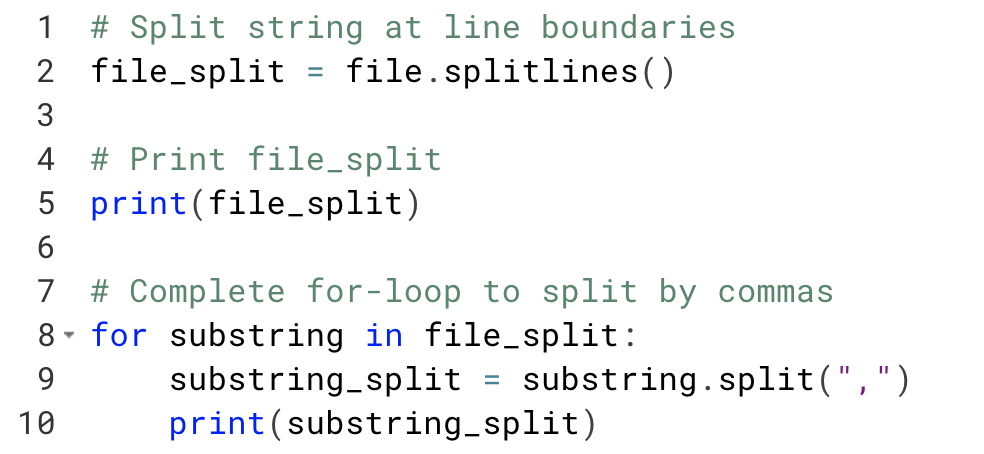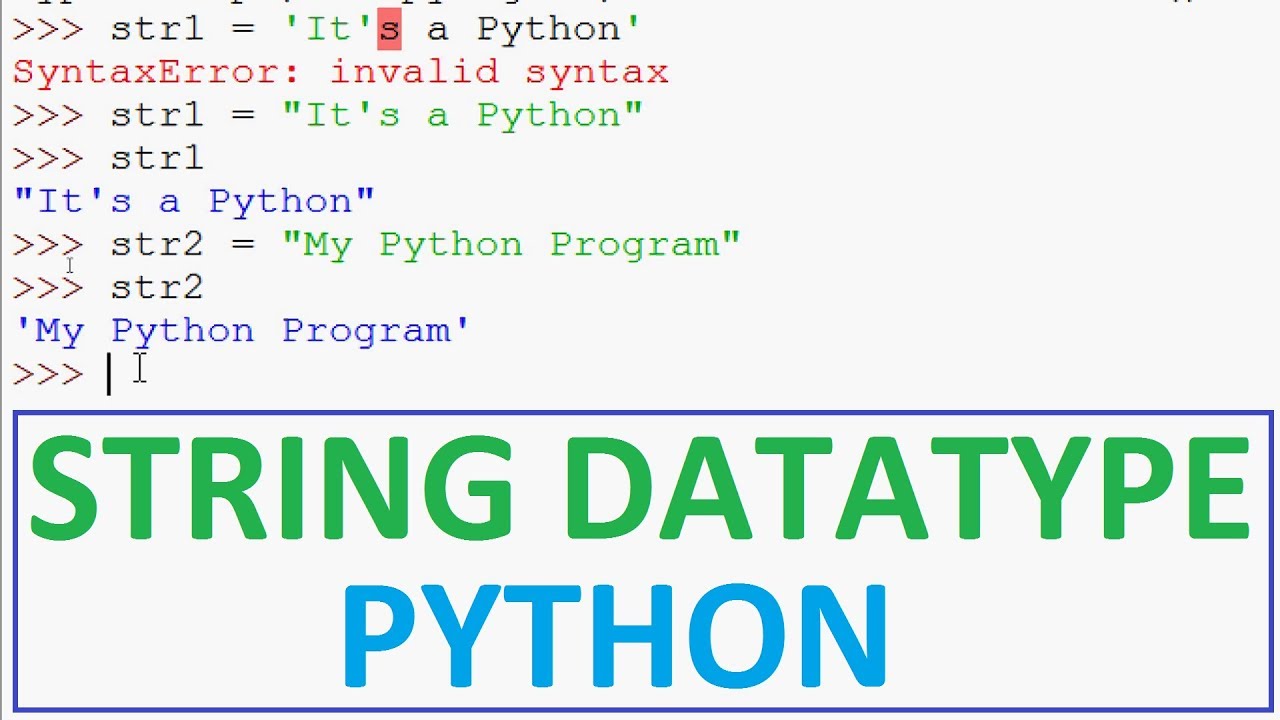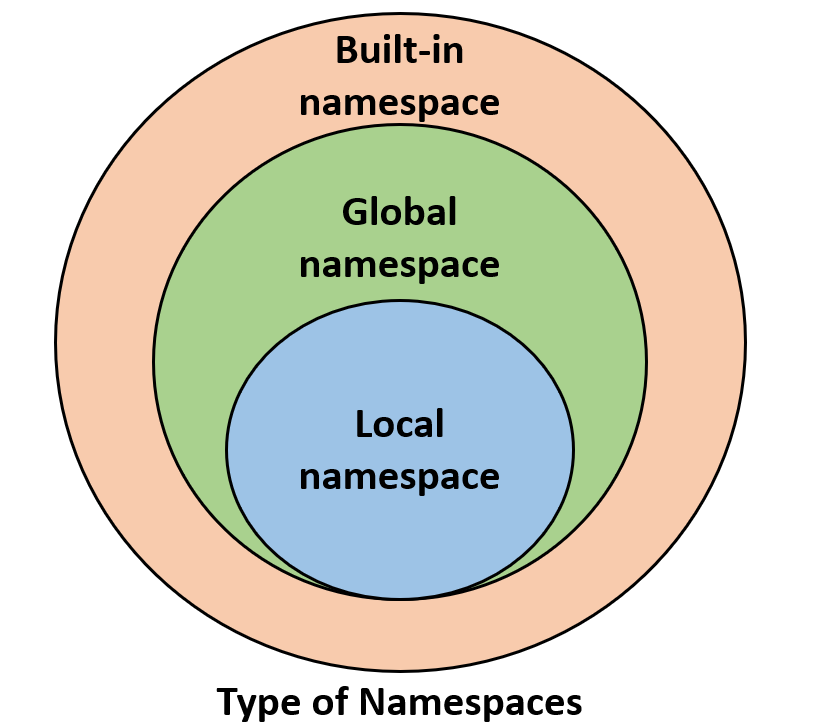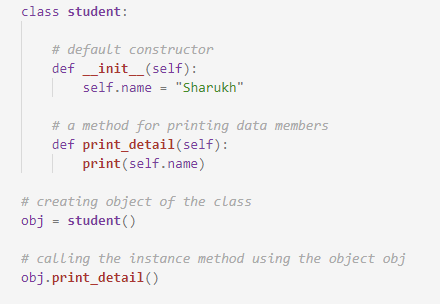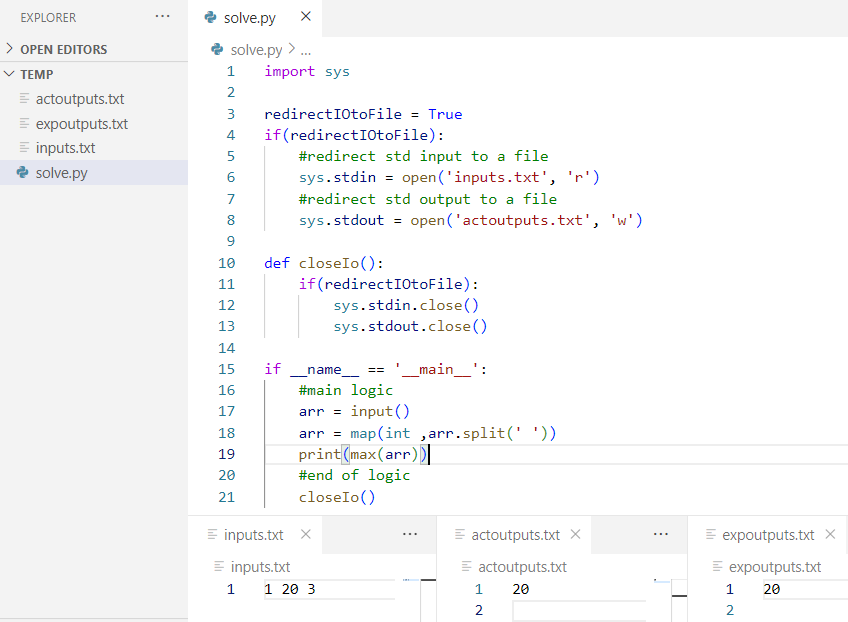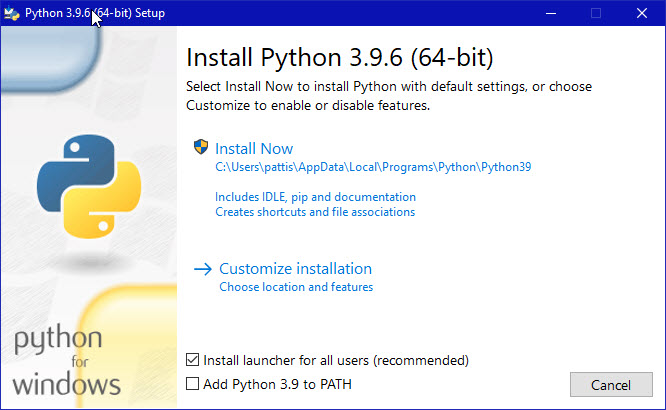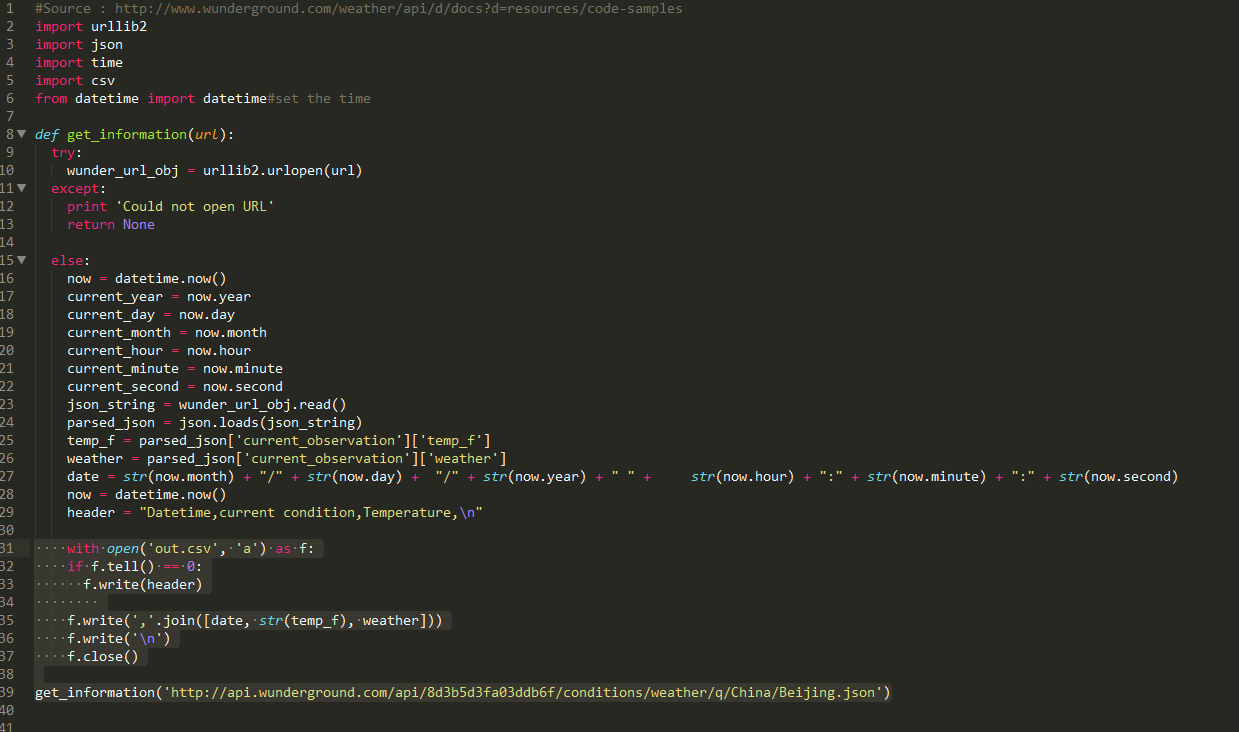Python unittest vs pytest
Python unittest vs pytest
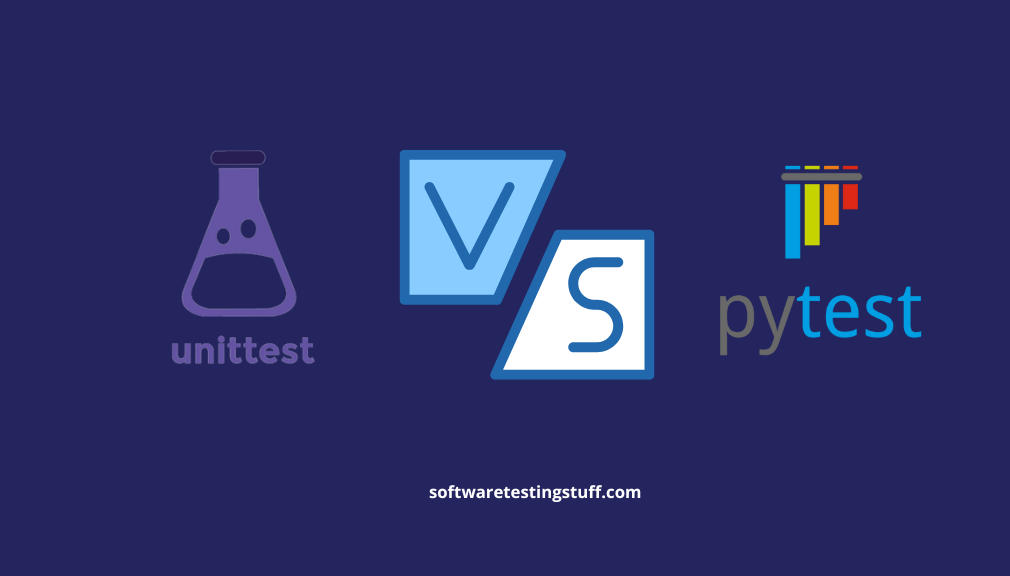
The age-old debate: Python's unittest versus Pytest. Both are popular testing frameworks for Python, each with their own strengths and weaknesses. In this article, we'll delve into the differences between the two, exploring their features, benefits, and use cases.
Unittest
Python's built-in unittest framework has been a staple of the Python community since 2001. It provides a comprehensive testing framework for Python, featuring:
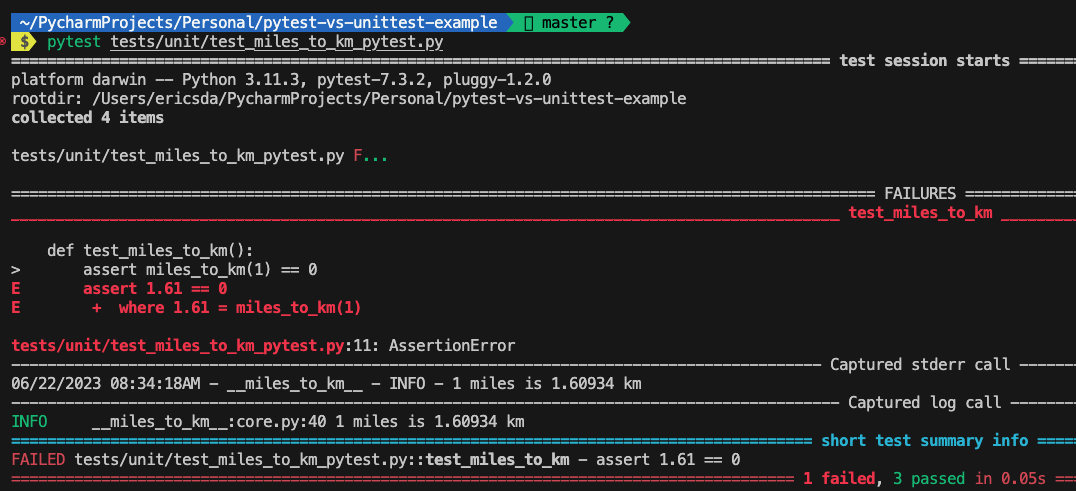
assertEqual, assertTrue) to validate test results. Test Suites: Organize tests into logical groups for easier maintenance and execution.
Unittest is a great choice when:
You're working on a legacy project with existing unittest-based tests. You need a simple, straightforward testing framework. Your project requires minimal dependencies.Pytest
Released in 2004, pytest has become an increasingly popular alternative to unittest. Pytest offers many innovative features that set it apart from traditional testing frameworks:
@pytest.mark.parametrize for parameterized testing). Plugin Architecture: Extensive support for third-party plugins, extending Pytest's capabilities.
Pytest is ideal when:
You're working on a modern project and want the latest features. Your codebase requires flexible test organization or complex test setup scenarios. You need to write tests with minimal boilerplate code.Comparison
Here are some key differences between unittest and Pytest:
| Feature | Unittest | Pytest |
| --- | --- | --- |
| Test Discovery | Yes, but limited | Yes, via pytest discover plugin |
| Fixtures | Yes, built-in | Yes, built-in (similar to Unittest) |
| Assert Statements | Similar to Pytest's assertions | Similar to Unittest's assertions |
| Test Suites | Yes, via suites and subtests | No, use modules or files for test organization |
| XUnit-Style Tests | No | Yes |
| Markers | No | Yes (via decorators and annotations) |
| Plugin Architecture | Limited support | Extensive plugin support |
Conclusion
While both frameworks share some similarities, the choice between unittest and Pytest ultimately depends on your project's specific needs and your personal preference. If you're working with legacy projects or require minimal dependencies, unittest might be a better fit. For more complex test scenarios or the desire for modern features like XUnit-style tests and markers, Pytest is likely the way to go.
Remember: there's no one-size-fits-all solution when it comes to testing frameworks. Experiment with both options, and choose the framework that best supports your project's unique requirements.
Do I need to install unittest in Python?
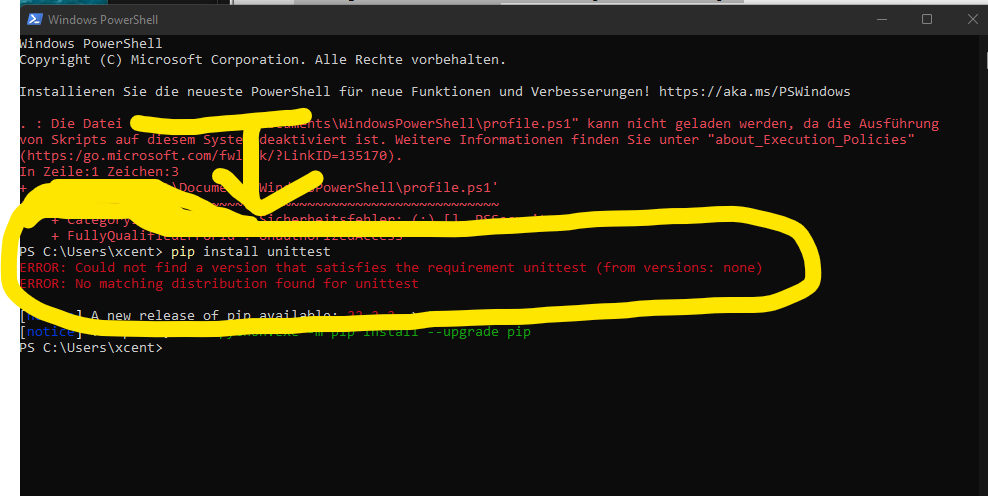
The million-dollar question!
In Python, unittest is a built-in module that provides a framework for writing and running tests. You don't necessarily need to install it separately, as it comes bundled with the Python Standard Library.
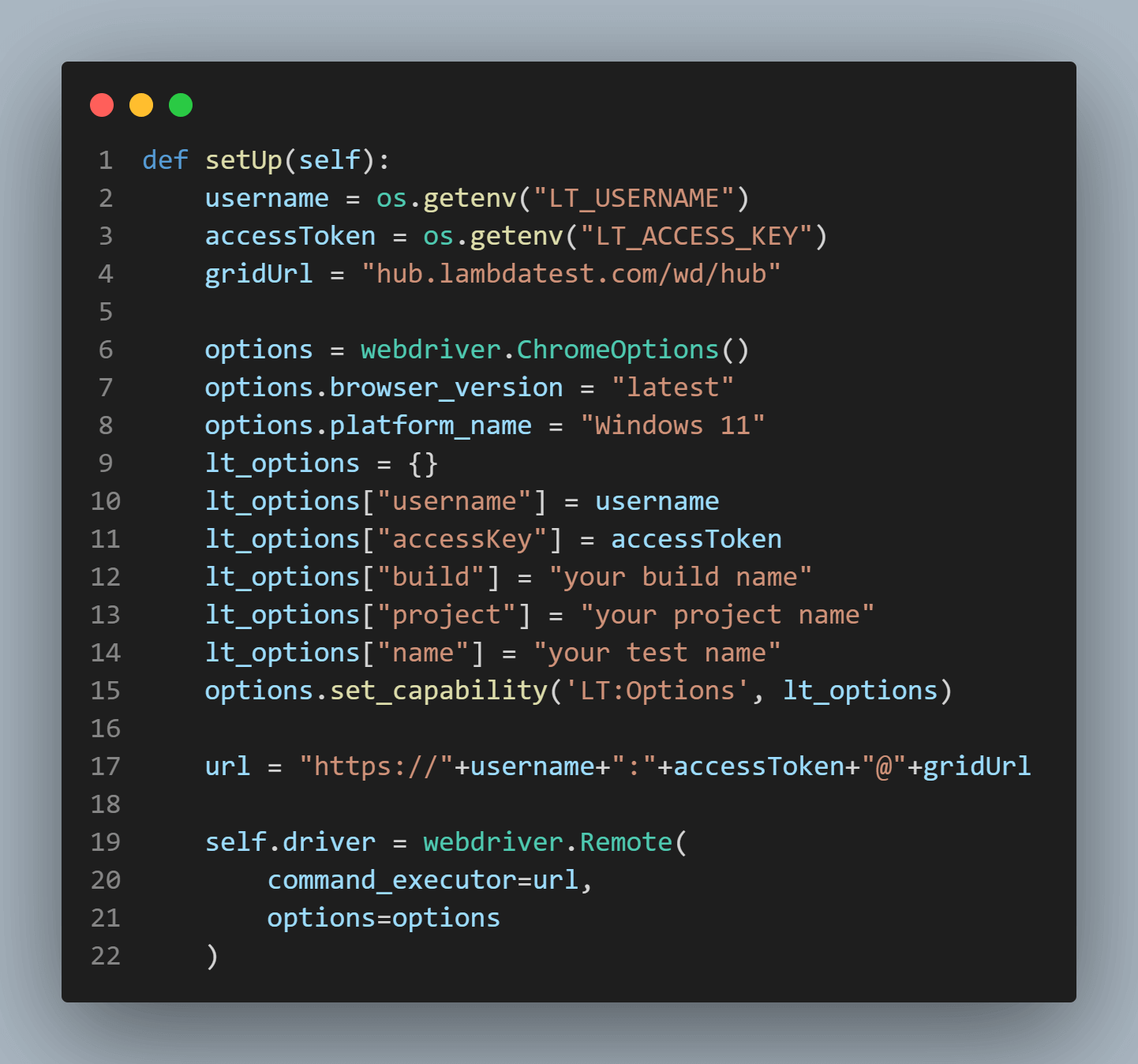
However, there are certain situations where you might want to consider installing unittest manually:
unittest is not included by default. In this case, you'll need to install it via pip: pip install unittest Customization and extension: While the built-in unittest module provides a solid foundation for testing, you might want to customize or extend its functionality. Installing unittest allows you to access its source code, modify it to suit your needs, or create custom test runners. Legacy projects: If you're working on an older project that predates the inclusion of unittest in the Python Standard Library, you might need to install it manually to maintain compatibility with existing test suites. Distributed testing: In certain cases, you may want to run tests in a distributed manner across multiple machines or processes. While not essential for most projects, installing unittest provides more flexibility and control over this process.
In general, however, the built-in unittest module should suffice for most testing needs. You can simply import it like any other Python module: import unittest
So, to answer your question directly:
Do you need to install unittest in Python?
Not necessarily, but there are certain situations where installing it manually might be beneficial.
Now, go forth and write those tests with confidence!

